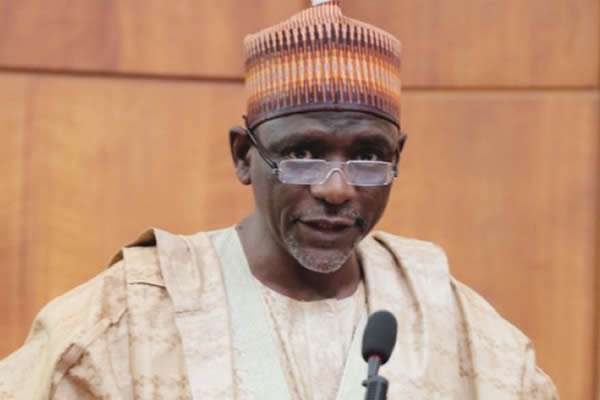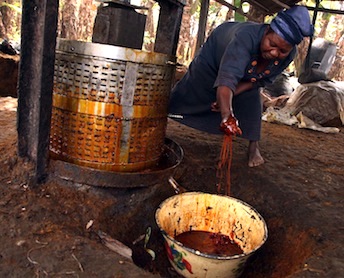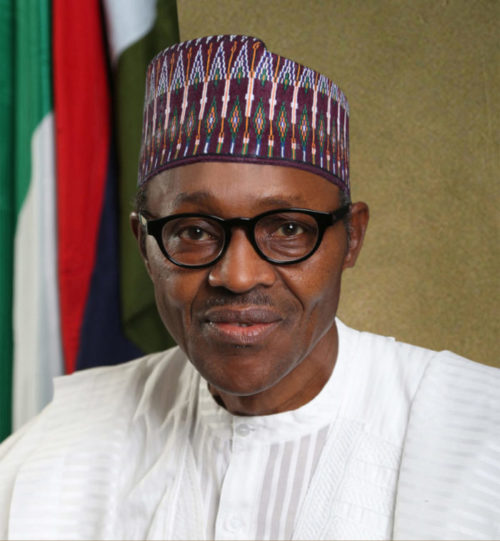An agriculturist, Mr Richard Ogundele, has advised the Federal Government to allow the current rice production system firm up and become self-sufficient, before it could contemplate banning its importation.
Ogundele made the plea in an interview with the News Agency of Nigeria (NAN) on Friday in Lagos.
Ogundele is the Group Intervention Manager for Growth and Employment in States (GEMS4), a World Bank and the UK Department for International Development’s (DFID)-financed project in Nigeria.
President Muhammadu Buhari during in his New Year message, disclosed that rice importation would be banned in 2018, due to increased local production.
Ogundele, who acknowledged the increased capacity for rice production in the country, however, advised government to ensure a planned system that would guarantee consistent rice production, before implementing an outright ban.
The expert opined that the federal government should allow the present rice production policy to run for one or two more years, appraise the level of sufficiency and then, decide whether to ban or allow for more time.
“Let us allow it run one more cycle, consolidate and have everything in place, and ensure that it is functional and effective.
“If we ban now, it might be too hasty.
“The present local production capacity is 5.7 million metric tonnes of milled rice, while our demand is 7 million metric tonnes annually of milled rice.
“Our paddy rice production is 17 million metric tonnes as at 2016.
“If we have a higher volume of paddy and better quality, we would be able to get more than the present 5.7 million metric tonnes which represents 84 per cent of our annual demand.
“It means we are on our way to self-sufficiency,” he said.
Ogundele noted that a total ban would inflict hardship on the citizens and increase the propensity of smugglers to be able to remain in business due to the nation’s porous borders.
He urged the three-tiers of government to fully unlock the nation’s agriculture potential through increased investment, incentives and creating an enabling environment for businesses to thrive.


















